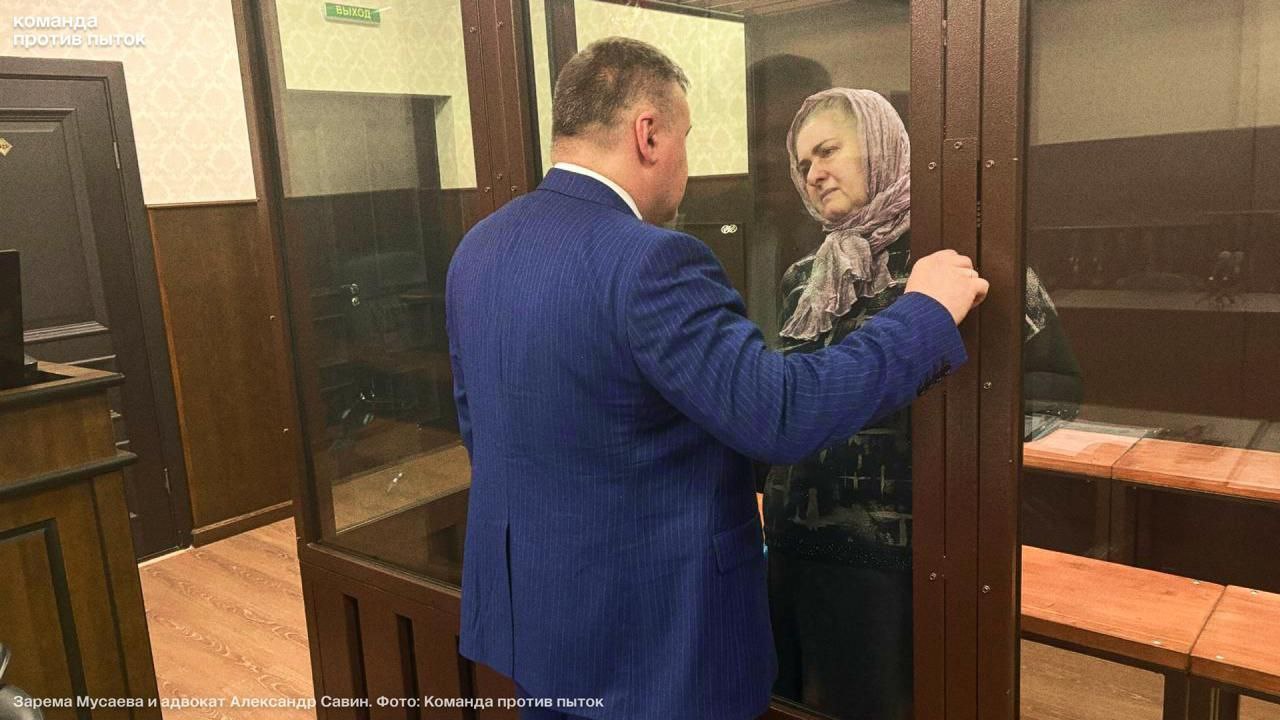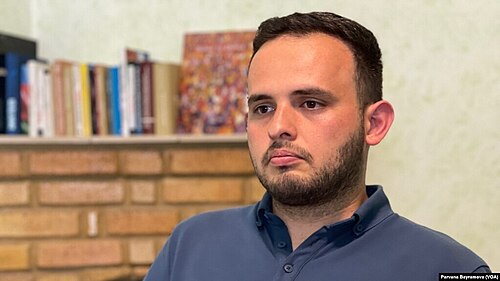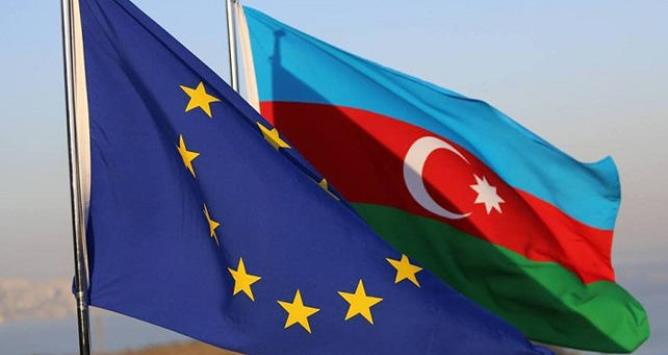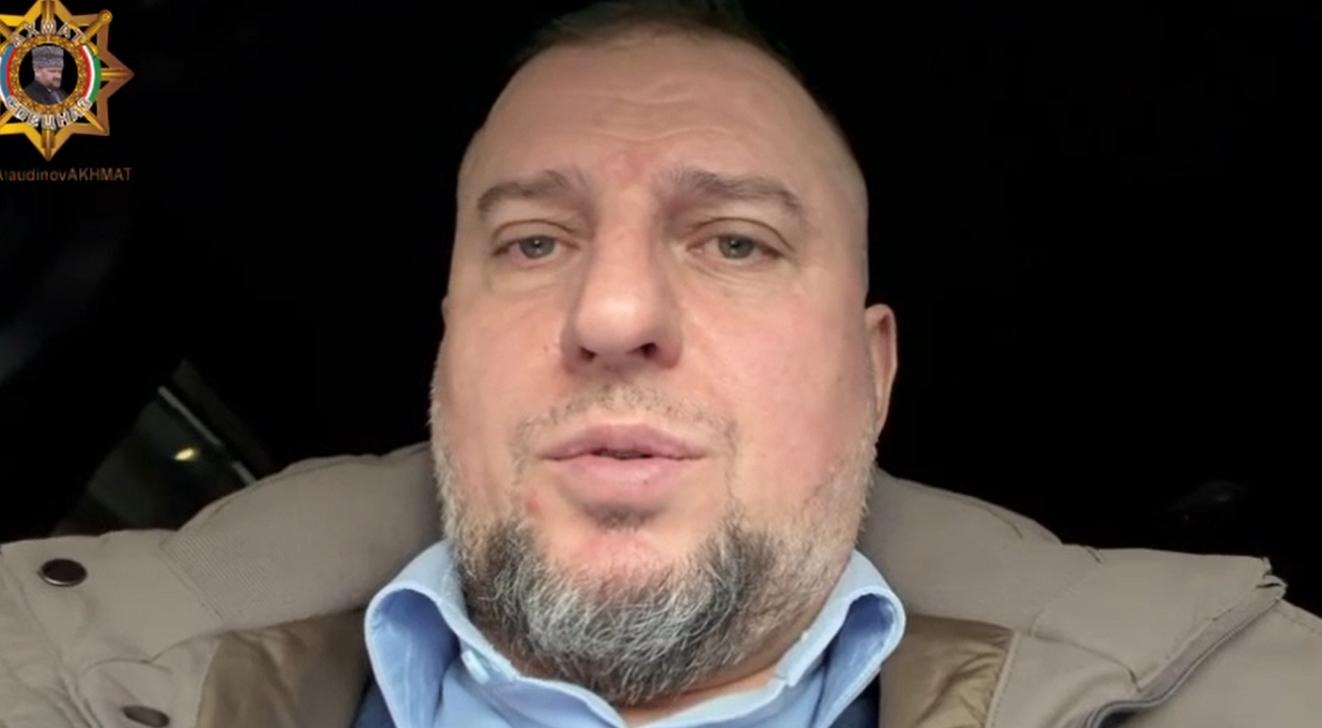Following a ruling by the Supreme Court of the Republic to review the case, the Shali City Court of Chechnya reduced the prison sentence of Zarema Musayeva, the mother of opposition activists, from four years to three years and 10 months. In her final statement, as in all previous hearings, she denied guilt in attacking an FSIN officer, the Team Against Torture reported.
Jane Birkin, who died on July 16 this year, is a celebrity, a real star. The world knows her as an Anglo-French actress, a talented singer, and a friend of the famous Serge Gainsbourg. President Macron did not exaggerate when he called her a "French icon."
I want to say something about her that many do not remember or even know.
I first saw Jane in Paris at a rally in support of Chechnya. Having arrived in France quite recently, I was amazed and grateful to see that the French were outraged by the barbaric attack of a huge Russia, headed by the newly-minted (this was in 2000) President Putin, on a tiny republic. Who wasn't there at that rally! The philosophers André Glucksmann and Bernard-Henri Lévy, the film star Catherine Deneuve, and the member of the European Parliament Olivier Dupuis climbed up to the improvised platform one after another. The organizers of the rally from Amnesty International barely held back the onslaught of the crowd of journalists from the leading French media outlets, who were eager to talk to the stars of cinema, pop music, and politics who had come to this very crowded event. It should be noted that the political and cultural preferences of these celebrities sometimes, to put it mildly, did not coincide. No matter: in those days, they were all united by sympathy for the Chechens and indignation caused by the cruelty of the Russian authorities and the atrocities of the military. The news of the massacre unleashed in the republic simply because it wanted to exercise its supposedly guaranteed right to self-determination literally shook the thinking part of French society. If, perhaps, someone remained indifferent in his soul, a cavalier pose was out of the question: everyone would turn away from anyone who risked demonstrating it. No other European country has ever shown such passionate rejection as France in 2000-2005 responded to the vile reprisal against Chechnya, although, of course, many intellectuals there did not approve of what was happening.
-- This is Jane Birkin, -- they told me when a small, fragile woman approached the microphone at that (for me, the first) Parisian rally. She addressed the crowd in a quiet, not at all rally-like voice, but it was obvious that they were listening to her. I nodded my head sagely, pretending to know this lady, although, to tell the truth, of the thousands of protesters gathered in front of the Pompidou Center with banners reading "No to the war in Chechnya" and "Putin is a murderer", I only knew Glucksmann and Deneuve. For me, life in France, entering its culture, was just beginning. Among other things, I had to find out who Jane Birkin was and how warmly and touchingly she treated the Chechens. But even without knowing anything about it, I remembered her. And two years later I happened to talk to her, albeit briefly. This happened when the French journalist Mylene Solua organized the arrival of the Chechen children's dance ensemble "Daimohk" to France. I was there too. I was introduced to Birkin as the general representative of the Republic of Ichkeria in Russia (although a former one - having been arrested in Moscow, I was forced to leave the country immediately after my release). As it turned out, Jane was very concerned about how the Chechens were able to resist a country that was feared all over the world. She asked many questions – questions that could not be answered with excuses. She was also interested in the family life of the Chechens; she wanted to know what place a woman occupied in our society. It was clear that she was glad to have the opportunity to receive information first-hand. But, carried away by the conversation, she also managed to make sure that the little touring performers ate well: it seemed to her that they were embarrassed, and this worried her greatly. Twenty children, gathered from the villages of the republic, came to Paris without preparation for the performance: it was unthinkable to hold rehearsals in Grozny during the war. For the young Chechen dancers, who had literally escaped from the nightmare of war, it was a miracle, but also a shock – to suddenly find themselves in the center of affectionate attention of the capital’s public. Not only Jane – everyone tried to surround them with touching care.
Sending their children on a long journey, the relatives naturally prepared a supply of food for them on the road, mainly canned goods and drinks. This should have been enough to get to France and get settled there a little. The calculations did not come true: as always happens with children, everything that was planned for the week was eaten in two or three days. However, hunger was not a threat to our dancers in Paris. Everyone tried to treat them with something. The French welcomed the Chechen children as if they were family. So Jane Birkin decided to organize a dinner in honor of the young touring performers. Her mother, at first glance a stern, prim Englishwoman, turned out to be an incredibly nice person. How she fussed, how she was afraid that there would not be enough for everyone! The tables were already groaning, and she began to prepare new sandwiches. Jane herself ran to each of the little guests, made sure that everyone tried the offered delicacies, poured drinks for the children. And they, at first embarrassed by the exhortations of the ensemble's director that it was important not to disgrace themselves, "to behave as is proper," thawed out in no time. They cheered up, got naughty, in short, they became what they were - children.
Jane played with them as if she were their age, and they, forgetting that half an hour ago they had been trying to show how big and serious they were, ran with her, frolicked, laughed. That evening they forgot that there was a war going on where they had come from, that they would soon have to return to a place where death lies in wait for you at every step, and it didn't matter at all whether you were an adult or a child.
Having learned a song in Chechen with Mylene's help in advance, Jane even tried to sing it, making the kids laugh with her Franco-British accent. Nobody knew then that this playful escapade would serve as an impetus for the creation of the song "Longing for the Fatherland" (Nostalgie Pour la Terre de Nos Peres). This studio recording would later be released in a collection of Chechen songs by the French organization "Marcho dogila" ("Marsha DogIiyla" - translated from Chechen "Welcome"). What's more: Jane Birkin would perform this song for several more years at her concerts throughout the country.
And at that sweet home dinner that the mother and daughter had planned for the little Chechens, while Jane was busy with the children, her mother managed to make enough sandwiches for them to take home. I saw the eyes of this woman, full of tenderness and compassion. How else could she express these feelings that overwhelmed her soul?
The organizers of the tour managed to arrange it so that the children were able to perform in real theater halls. And it was not difficult: no one ever demanded payment for the hall, for the use of musical instruments. France opened its arms to the children from warring Chechnya. And when they danced, the best people of the country, its cream, looked at them from the audience, sometimes unable to hold back their tears. Jane Birkin, the Glucksmann couple, many others.
Each performance of the young mountaineers was not just successful - it was especially exciting, because behind the backs of these bright, talented children loomed images of bloodshed and destruction, a terrible fairy tale from which they had escaped for only a few days. And the dance of the youngest, five-year-old member of the ensemble made many spectators simply burst into tears. There was so much expression in every movement of this child, in his dance there was so much simple-minded enthusiasm and joy of life that it could not help but touch the French. "And Putin wants to conquer this boy?" - they asked, laughing through their tears. In those years, Mylene Solua and Jane Birkin were working together to help Chechens. In one way or another, Andre Glucksmann, film director Romain Goupel, and many others participated in their endeavors. To this end, the enthusiasts organized more and more new events. And in 2003, when the guys from the "Daimohk" ensemble came to France again at Mylene's initiative, Jane gave joint concerts with them on weekends at the prestigious concert hall Cabaret Sauvage in Paris. She doted on these guys, they delighted her.
Mylene gratefully recalls that it was Jane who introduced her to Ariane Mnouchkine from the Theatre du Soleil, who organized a tour of France for 40 young dancers, five musicians and two choreographers, during which they gave several performances. Jane brought ballet slippers for all the children, and for each of them, she and her mother drew a picture with their name. It was during this visit of the children's ensemble that Jane, Ariane, Glucksmann and Milena created the association "Marsha DogIyla". In 2007, Jane supported Mylene's idea to create the "Caravan of Solidarity Culture" and became one of the main partners of the "Babel Kavkaz" project, whose participants visited three countries: Georgia, Azerbaijan and Poland. And everywhere they went, they talked about the most pressing issue - the war in Chechnya. Birkin admitted that she would like to go to Grozny, perform there, sing for the Chechens in their language. After all this, her interest in the topic of Chechnya became so widely known that on any occasion related to providing assistance to the Chechens, everyone was among the first to turn to her. In particular, her signature is also under the appeal to the Russian leadership with a request to help in the search for the singer Zelimkhan Bakayev, who went missing in the Chechen Republic in 2017.
Those who knew Jane Birkin remember her as a fragile woman with a very strong character, tirelessly defending justice, going in the name of a good goal in defiance of the will of the powerful.
Thus, for the professor of the Belgian Open University Odd Merlin, Jane became a living symbol of the struggle for the liberation of Chechnya. She recalls how Jane accidentally ended up in the city of Clermont Ferrand just when an exhibition dedicated to the war in Chechnya opened there. The singer came there with a concert.
“Unexpectedly for everyone, she came long before the start of the concert, talked with each of the organizers and guests of the exhibition, sincerely empathized with their pain,” Odd told me. – And Jane dedicated the first part of her concert to Chechnya and again performed a song in the Chechen language." Professor Merlin recalls how deeply, as a personal grief, Jane experienced the suffering of the Chechens.
-- She was sick with it, - says Odd.
And here is how Alexander Cherkasov, a member of the board of the Memorial Human Rights Center, spoke about Birkin:
-- A very worthy person who fought evil before it became mainstream.
Cherkasov is sure that she was aware of her responsibility to society. This is generally typical of the artistic environment of France, but even against its background, Birkin undoubtedly stood out. She constantly tried to refresh the memory of the public, prone to forgetfulness, to draw their attention to what was happening in Chechnya. Back in 1999, Jane became an active participant in the movement to protect the rights of the Chechens, who were defending their freedom in the war unleashed by Russia, - recalls Alexander. Then, having signed a protest of the French intellectuals, compiled by André Glucksmann, she embarked on this path for many years.
According to Cherkasov, he met her when he came to Paris for a press conference, where he tried to tell the world about the nightmare committed by Russian security forces in the village of Novye Aldy in February 2000. The human rights activist believes that it was Jane Birkin's participation in this event that gave it significance. She took on the mission of conveying to the French the truth about what happened in Novye Aldy. And later, in 2005, when meeting Jane in Moscow, Alexander got the impression that she was already fully involved in the Chechen tragedy:
-- Her understanding of what was happening was not limited to commonplaces, she could delve into the topic, like a person who had been doing this for many years. Jane immersed herself in the question naturally, as if it were her personal affairs. She was not just a symbol of freedom, - Cherkasov clarified. "She carried the truth about Chechnya, feeling her responsibility - this is a rare position, worthy of a star of such level." One by one, the stars in the sky of France and the whole world are fading. But their light will remain with us, that's what they are stars for. Jane Birkin is one of them. And in the hearts of those to whom she so ardently and recklessly extended a helping hand in a terrible hour, love and gratitude will not fade.



